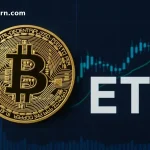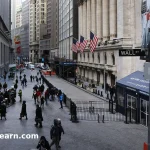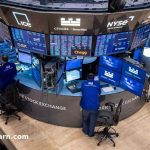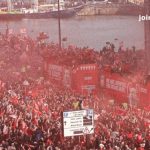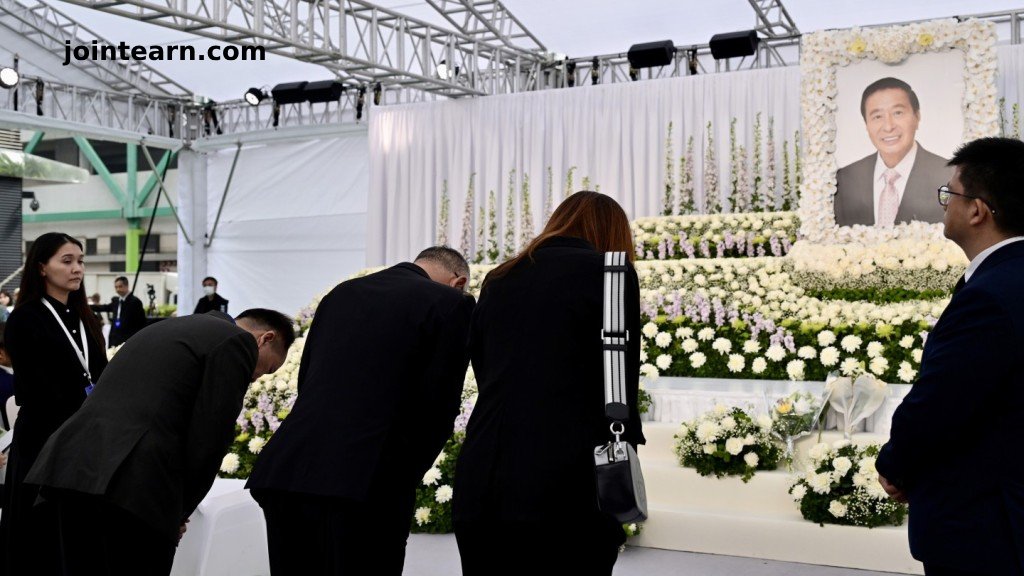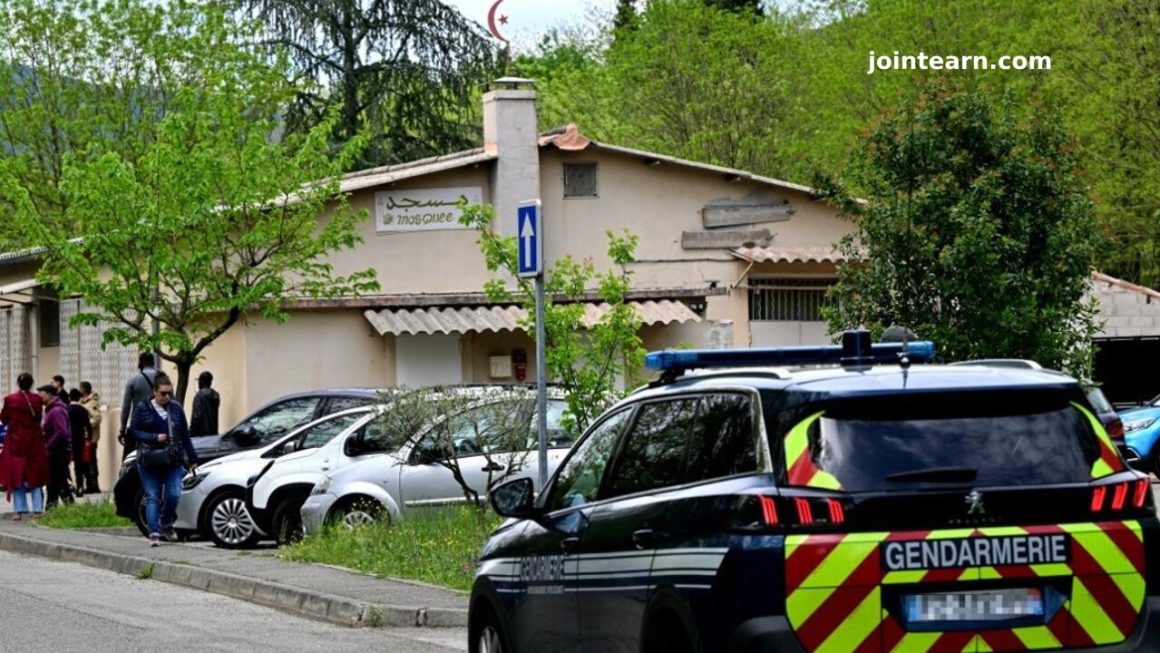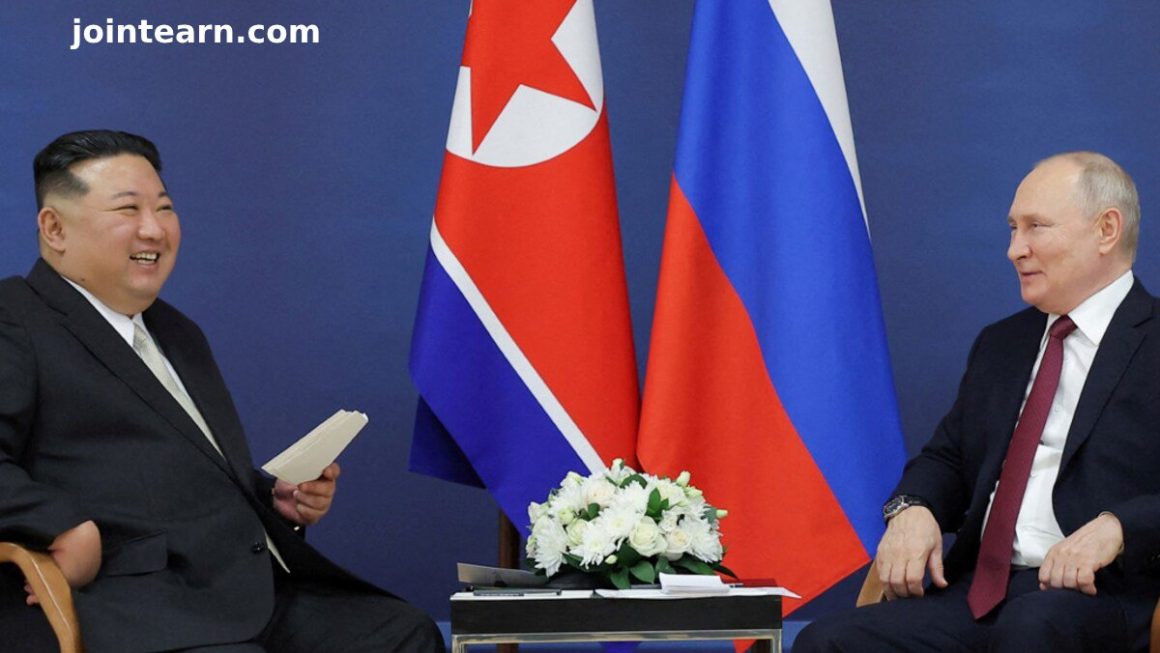HONG KONG, April 28, 2025 — Hong Kong’s top political and business figures gathered Monday to honor the life and legacy of Lee Shau-kee, the billionaire property tycoon and founder of Henderson Land Development Co. Ltd., who passed away on March 17 at the age of 97.
Lee, once crowned the richest man in Asia, left an indelible mark on Hong Kong’s skyline with projects like the iconic International Finance Centre (IFC) complex and ifc mall in Central. As of February 2025, Forbes ranked him the city’s second-richest individual, with an estimated net worth of $29.2 billion.
Nicknamed “Uncle Four,” Lee transitioned Henderson Land’s leadership to his sons, Peter and Martin Lee, in 2019 after decades at the company’s helm.
A Towering Legacy in Real Estate and Philanthropy
Starting in 1976, Lee’s real estate empire expanded into hotels, utilities, and ferries, becoming a cornerstone of Hong Kong’s development. His influence extended beyond business: he was awarded the prestigious Grand Bauhinia Medal in 2007 for his contributions to education and community service.
Lee was often compared to Warren Buffett for his financial insight and investment strategies, and he remained deeply committed to philanthropy throughout his life, supporting initiatives in both Hong Kong and mainland China.
High-Profile Funeral Attendance
The funeral committee included Hong Kong Chief Executive John Lee, former leaders Tung Chee-hwa and Leung Chun-ying, and Zheng Yanxiong, the head of Beijing’s liaison office in Hong Kong.
On Sunday, a public vigil saw attendance from political elites and business magnates such as Richard Li — son of Hong Kong’s wealthiest man Li Ka-shing — along with Thomas Kwok and Raymond Kwok of the Sun Hung Kai Properties family.
Monday’s funeral service featured Buddhist rites, honoring Lee’s religious traditions. His body will be transported to his ancestral home in Shunde district, Guangdong province, where many of Hong Kong’s early real estate titans trace their roots.
From Shunde to Shaping Hong Kong
Born in Shunde, Lee moved to Hong Kong in 1948 amid the upheaval of China’s civil war. He built his fortune during the city’s postwar boom and maintained close ties with Chinese leadership, including meetings with Deng Xiaoping and Jiang Zemin.
Lee’s vision, resilience, and philanthropy secured his place as a revered figure in Hong Kong’s modern history — a man whose impact will be felt across generations.

